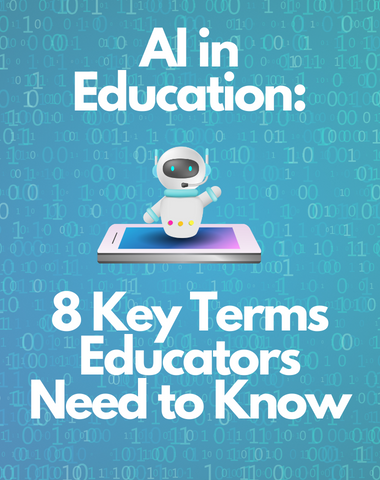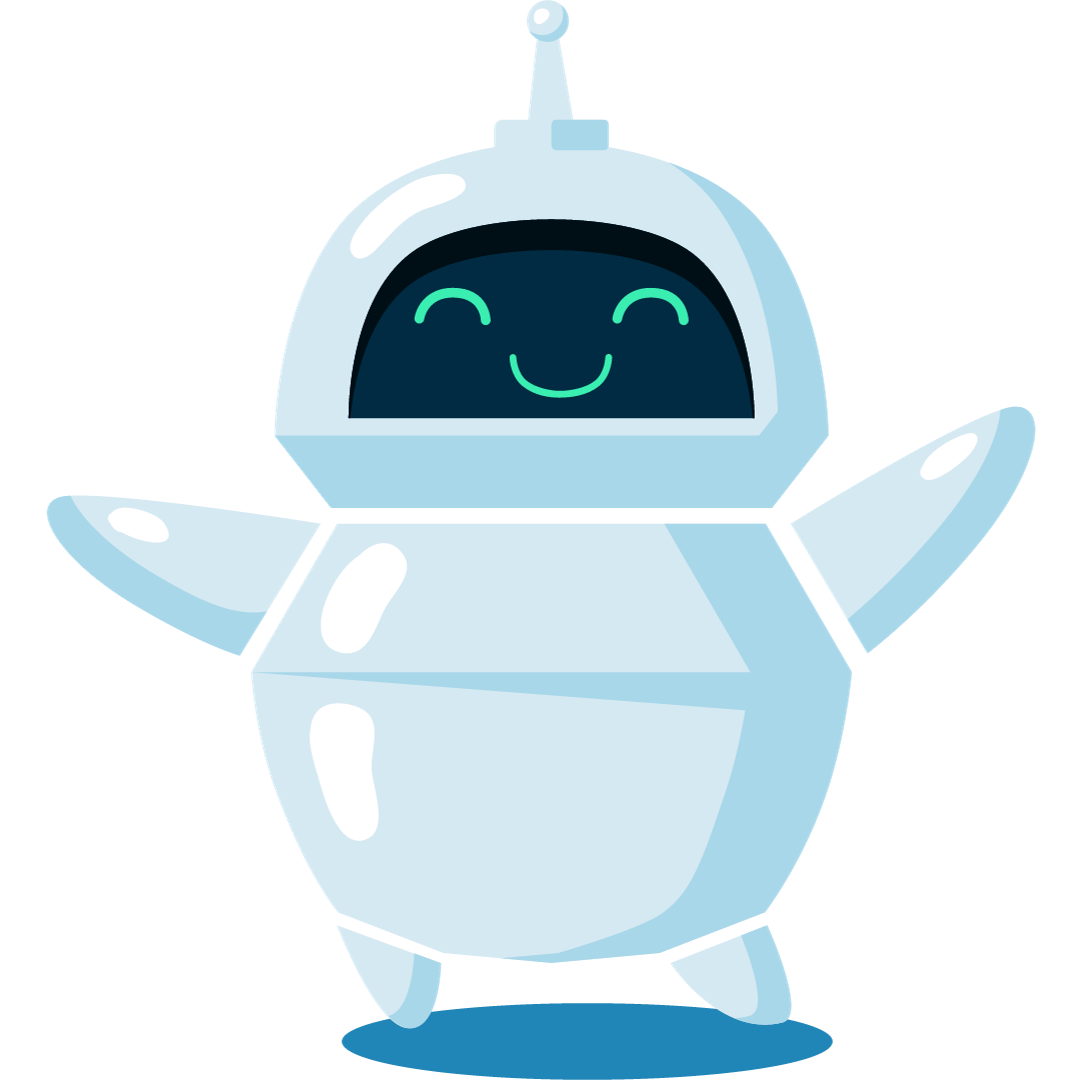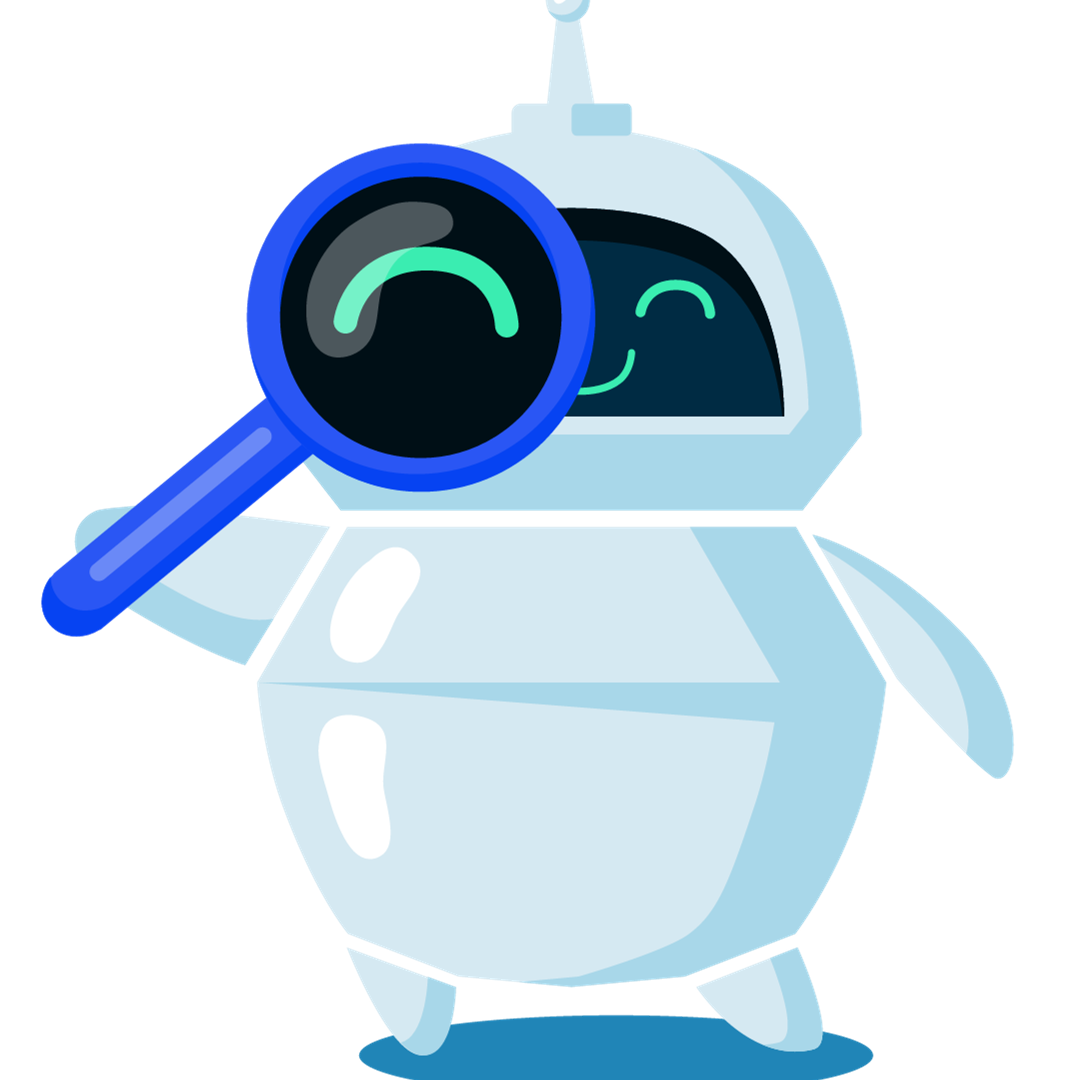The Infused Classroom Blog
AI in Education: 8 Key Terms Teachers Need to Know
Share Post
In today's new and exciting digital age, the integration of Artificial Intelligence (AI) in the education can be transformational for how teachers teach and students learn. From machine learning tools to AI-generated content, educators need to be equipped with the essential knowledge to harness these innovations. This quick start guide dives into the key AI concepts that every modern educator should be familiar with."
✅ Artificial Intelligence (AI): This refers to the capability of machines to imitate human intelligence. It encompasses systems that can think like humans and replicate their actions. AI is a broad term that includes using algorithms to help computers make decisions and solve problems.
✅ Machine Learning: This is a cornerstone of AI, allowing computers to learn from data. Instead of being explicitly programmed, these systems improve over time. For educators, it's pivotal to grasp this concept as it underpins many educational AI tools.
✅ Natural Language Processing (NLP): This AI subset enables computers to understand and produce human language. It's behind many educational tools, from language translation apps to automated essay graders, making it a must-know for educators.
✅ Neural Networks: Think of these as the brain behind AI. They use algorithms to detect patterns in data, playing a significant role in "deep learning," a crucial part of machine learning.
✅ Algorithm: In the AI realm, this is the set of instructions guiding a computer. It's how machines detect patterns in data.
✅ Large Language Models (LLMs): These AI models are trained on extensive text data, enabling them to generate human-like text, answer queries, and even translate languages. Their ability to understand grammar and context makes them invaluable in education
✅ Generative AI: This AI branch is all about creating new content, from text and images to music. It's reshaping content creation in education, offering personalized learning experiences and boosting student engagement. For instance, while Grammarly uses human-set rules to check grammar, ChatGPT employs neural networks to produce human-like text. Recognizing these distinctions helps educators choose the right tool and understand its ethical implications.
✅ Artificial General Intelligence (AGI): Imagine an AI that can perform any intellectual task a human can. That's AGI. It's a future-focused AI concept where machines can apply knowledge across various tasks, much like humans.
For the geeky at heart
Deeper Dive: In the world of AI, there are tools called Generative Adversarial Networks (GANs) - think of them as talented students who are especially good at creating realistic images, almost like drawing from a live model from a prompt.
Then there are Variational Autoencoders (VAEs). Imagine them as students who can take a few sketches or ideas and then come up with a variety of new designs based on those initial sketches.
In essence, these AI tools are like gifted students in a classroom, each with their unique way of creating new content based on what they've learned.
Bonus AI Concept:
AI-Generated Content (AIGC): This is content birthed with AI's assistance. From text and images to music and videos, AI is revolutionizing content creation:
Text: LLMs, such as OpenAI's GPT models, can craft articles or social media posts.
Images: GANs have the power to produce artworks or even realistic, non-existent human faces.
Music: AI can now compose tunes or rearrange existing ones.
Videos: From generating videos to visual effects, AI is making its mark.
For educators, understanding these AI concepts is not just about staying updated; it's about harnessing the power of AI to enhance the educational experience.
As we navigate the future of education, the role of AI becomes increasingly significant. Understanding concepts like machine learning, neural networks, and AI-generated content is no longer a luxury but a necessity for educators. By staying informed about these important AI terms, teachers can ensure they're leveraging the best tools and strategies to enhance the learning experience for their students. Embrace the future of education with AI at its core


